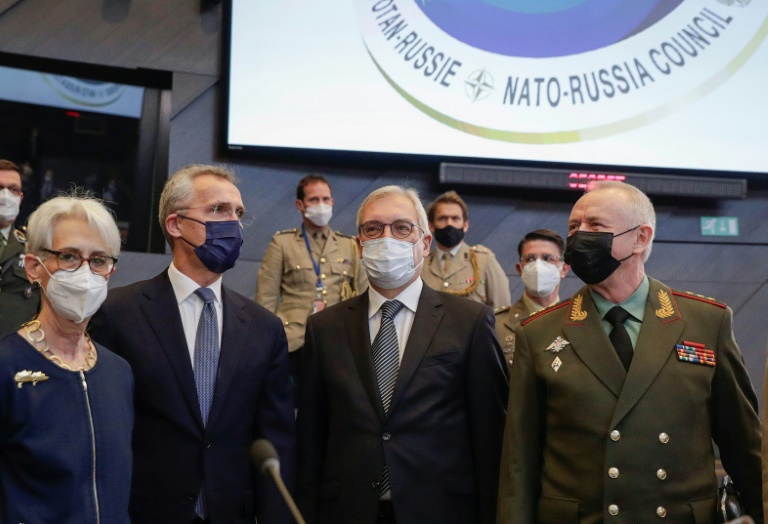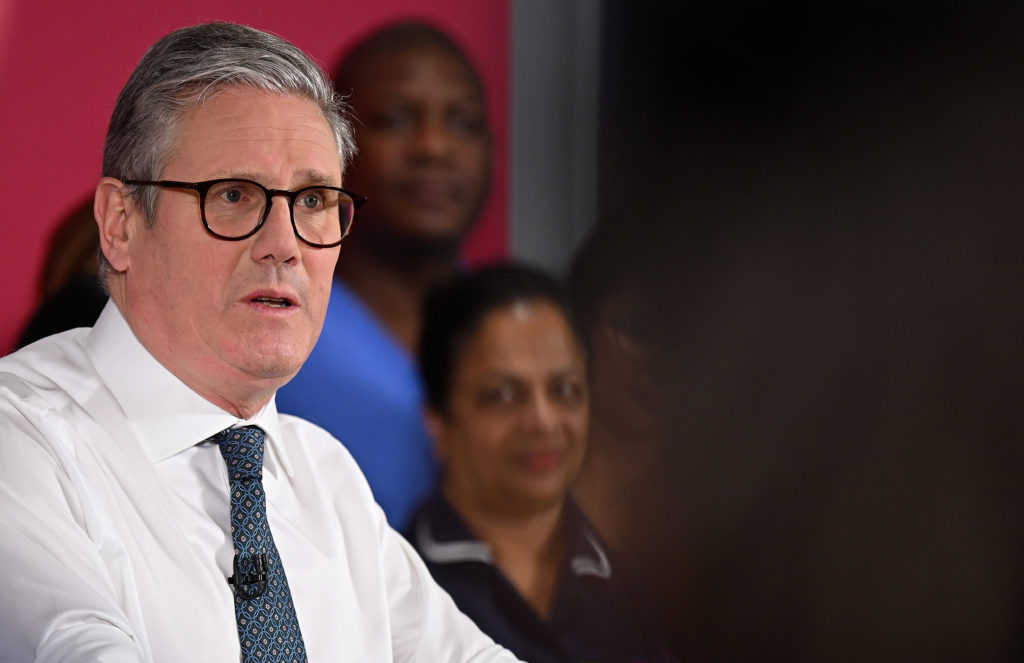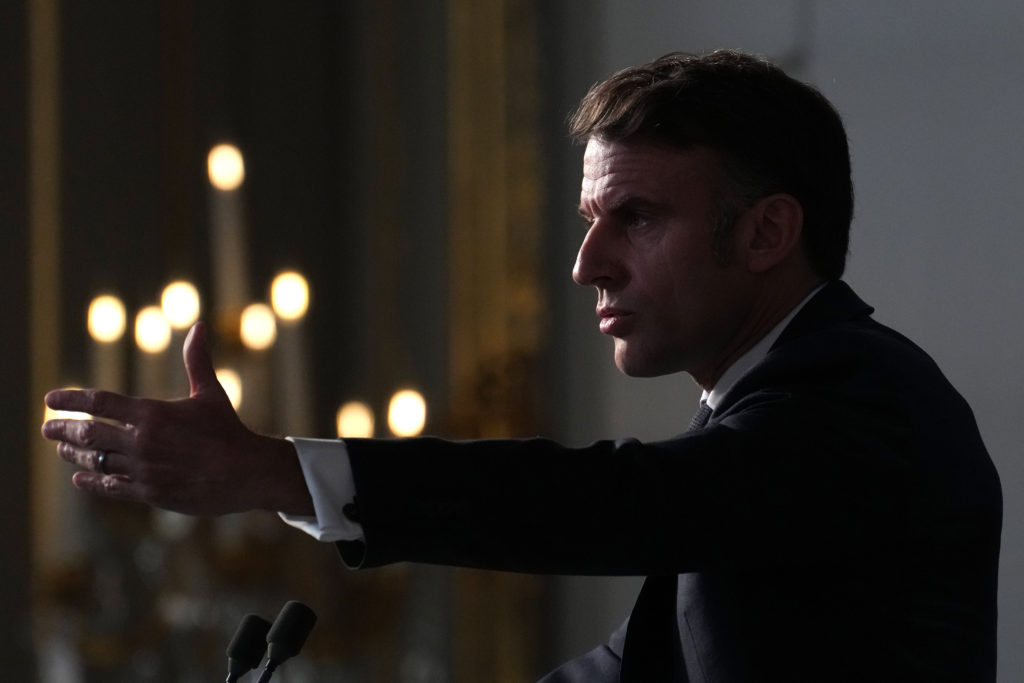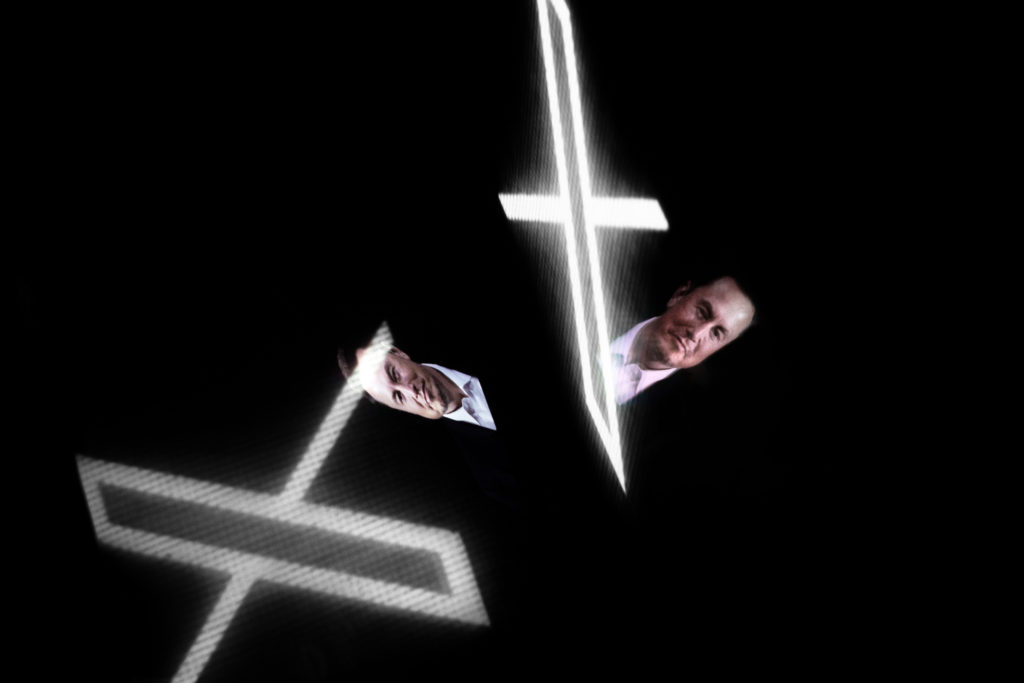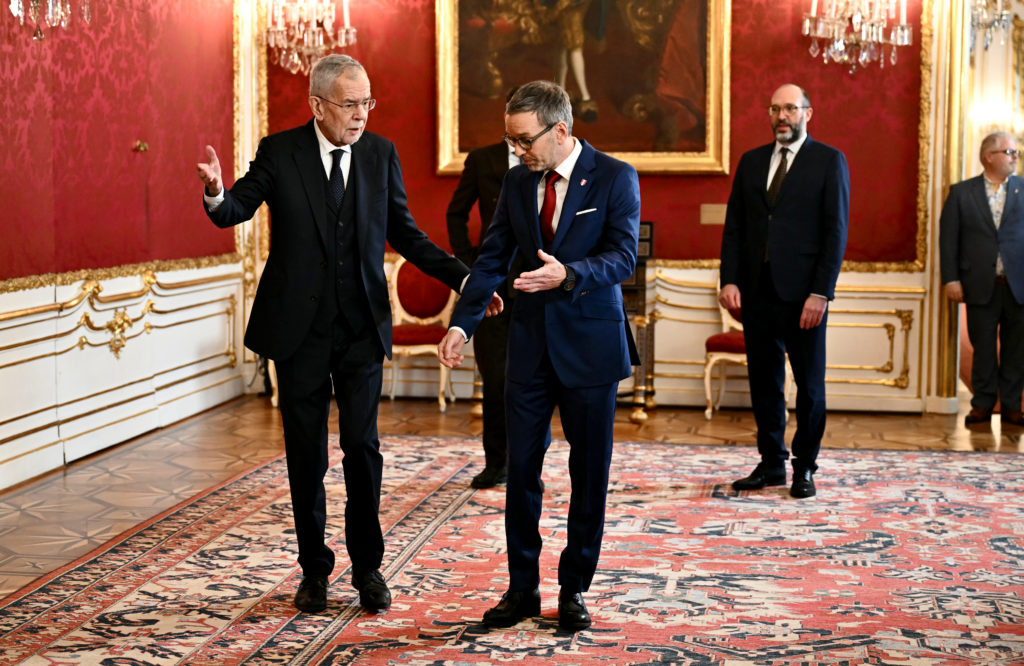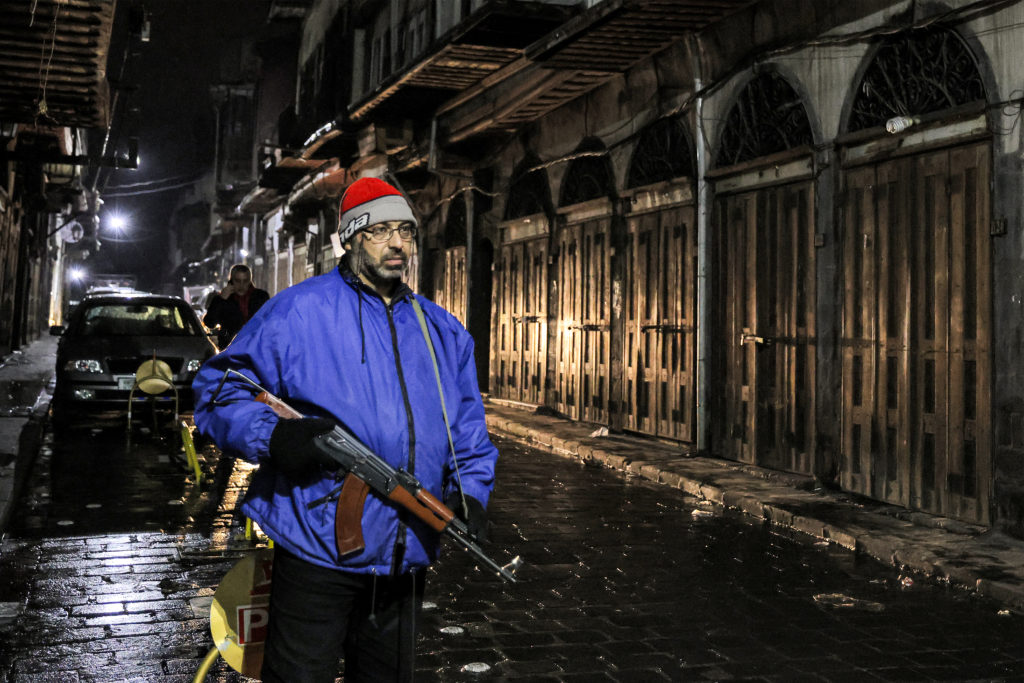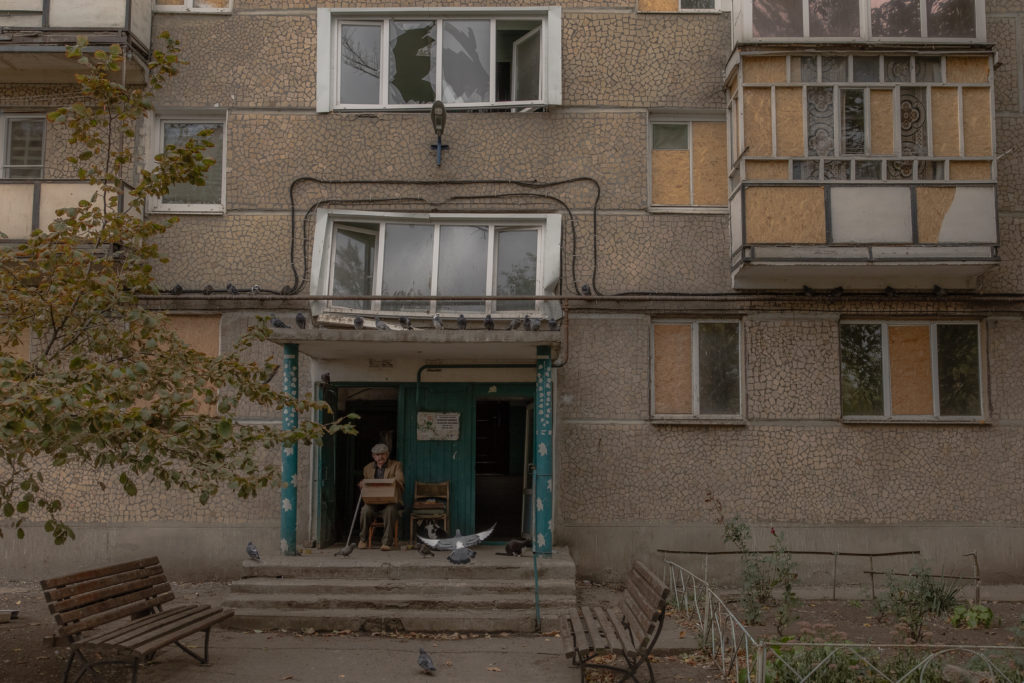The NATO allies warned Russia on Wednesday that they would not compromise on the alliance’s right to defend its eastern members to avoid further conflict in Ukraine, but invited Moscow to further talks on calming security concerns.
Speaking after talks with Russian envoys at NATO headquarters in Brussels, alliance Secretary General Jens Stoltenberg warned: “There are significant differences between NATO allies and Russia on these issues.”
Stoltenberg said that it would be impossible for the 30 NATO members to agree to Moscow’s core demands for a new security order in Europe, and in particular added that Russia would have no veto on Ukraine’s right to eventually join the alliance.
President Vladimir Putin’s government has issued a series of demands for the West to rule out accepting new members like Ukraine, Georgia or Finland on its eastern flanks and demanded limits on allied deployments in former Soviet allies that joined NATO after the Cold War.
Stoltenberg said it was “positive” that the two sides had been able to sit down together, reviving the NATO-Russia Council platform, and that NATO members had invited Russia to agree to a series of talks to discuss arms control and “many other issues to prevent a new armed conflict.”
“Russia was not in a position to agree on that proposal. They didn’t reject it either, but the Russian representatives made it clear that they needed some time to come back to NATO with an answer,” he said.
Stoltenberg warned, however, that Russia would have no veto over any bid by Ukraine to join NATO and called for a “de-escalation” in Russia’s military build-up on its neighbour’s border.
“Ukraine as a sovereign nation, Ukraine has the right to self-defence. Ukraine is not a threat to Russia,” he said. “It is Russia that is the aggressor. It is Russia that has used force and continues to use force against Ukraine.
“And then they’re building up, with around 100,000 troops, artillery, armour, drones, tens of thousands of combat ready troops and threatening rhetoric — that’s the problem.”
The West defends NATO’s “open-door policy” towards potential future members, while Moscow is demanding a cast-iron guarantee that the alliance will not expand further towards its territory.
Russia denies that its massive troop build-up around already partially occupied Ukraine is a threat, but the deployment has forced Washington to engage with Moscow to head off fears of an all-out military confrontation.
Before Wednesday the NATO-Russia council had not met since 2019. NATO and Russia broke off practical cooperation in 2014 after Moscow occupied and annexed the Ukrainian region of Crimea.
– ‘Moment of truth’ –
Russia’s diplomatic mission to the alliance was withdrawn in October last year after eight of its staff were expelled on allegations of espionage.
But the former ambassador — now a deputy foreign minister — Alexander Grushko was back to confront Stoltenberg and US Deputy Secretary of State Wendy Sherman, having earlier this week described the meeting as a “moment of truth”.
After the meeting, Sherman tweeted: “In today’s NATO-Russia Council, I reaffirmed the fundamental principles of the international system and of European security: Every country has the sovereign right to choose its own path.”
Earlier this week on Monday, Sherman met Kremlin envoys in Geneva for a direct US-Russia dialogue, and US officials promised solidarity as Wednesday’s meeting expanded the talks to include ambassadors from NATO’s 30 members.
Just ahead of the talks, Kremlin spokesman Dmitry Peskov said: “The continuation of NATO’s open-door policy and the further advancement of NATO towards our borders is precisely what, from our point of view, threatens us.
“This is exactly what we are asking not to continue through legally-binding guarantees.”
– Open door policy –
Peskov refused to be drawn on whether Russia could launch a military operation if denied. “We would not like to throw around threats and ultimatums like American officials,” he added.
The allies have long insisted that NATO membership is a matter for sovereign states to decide for themselves and on Tuesday once again vowed to preserve their open-door policy.
They also threatened massive economic and financial sanctions against Moscow if its huge troop build-up on Ukraine’s frontiers and in Russian-occupied Crimea turns into a new invasion.
Russia has put intense pressure on Ukraine since 2014, after a revolution overthrew a government that had sided with the Kremlin against moving closer to Europe.
Russia has seized and annexed the Ukrainian region of Crimea and Moscow backs an insurgency in eastern Ukraine in which more than 13,000 people have died.
burs-dc-csg/arp/yad

